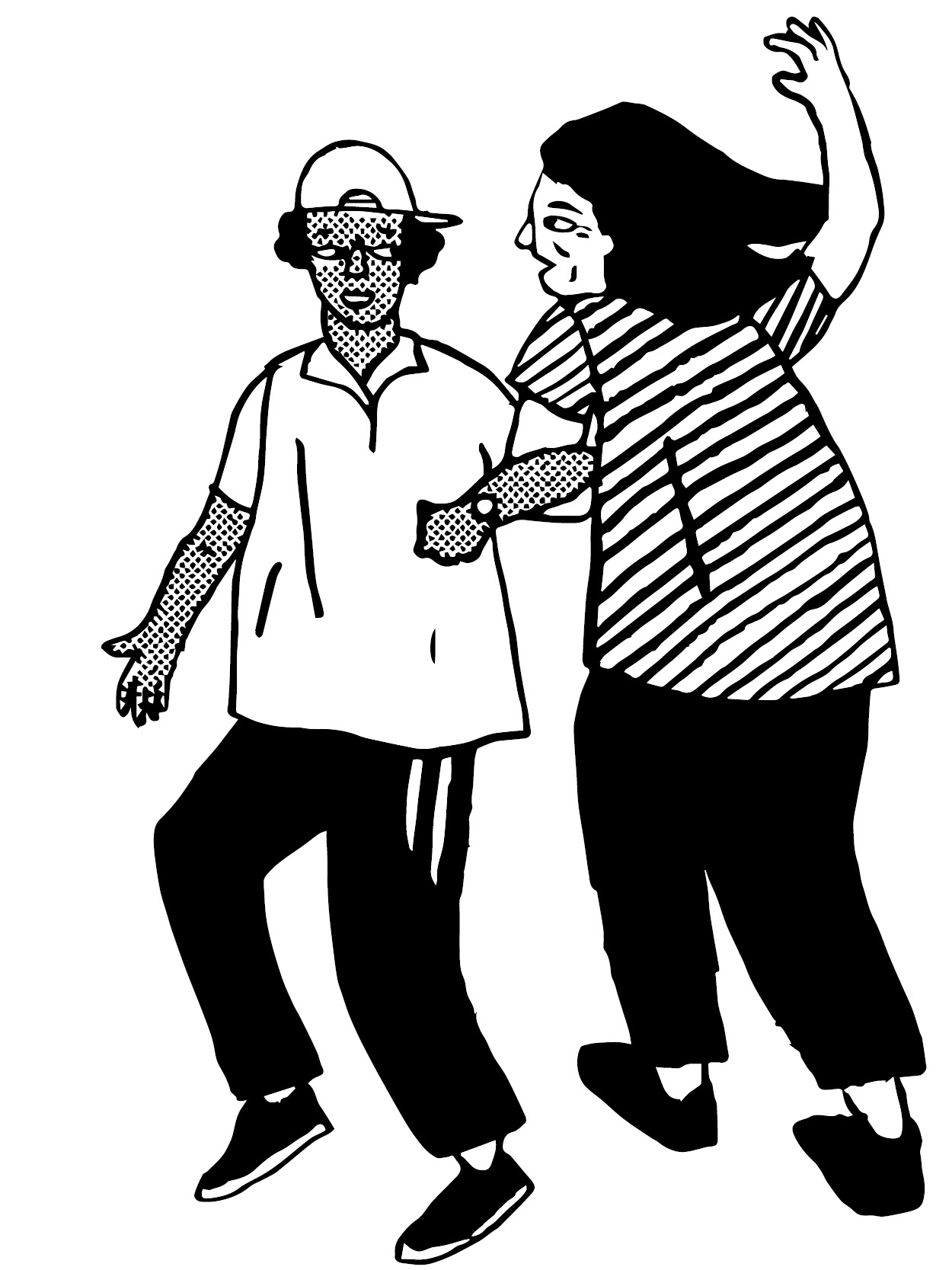Maud Karpeles
Maud Karpeles
(1885-1976)
Maud Karpeles was the unsung heroine of the English Folk Dance and Song Society (EFDSS) for many years. She believed that folk music was a living tradition that needed to be experienced to be understood.
Maud was born in London into a middle-class family of German Jewish descent. She studied piano in Berlin and undertook voluntary work at the Invalid Children’s Aid Association, visiting disabled children in East Ham and Barking and at the Mansfield House Guild of Play. The guild aimed to restore “the art of wholesome play”, including dancing, to children of Canning Town living in extreme poverty.
Maud and her sister Helen first came across folk dances and songs when they attended the 1909 Stratford-upon-Avon Festival. They subsequently formed a folk dance club and gave demonstrations to illustrate Cecil Sharp's public lectures. By 1913, Maud offered her services as Sharp's secretary and accompanied him on all but the first of his visits to America, and on all of his collecting trips to the Appalachians of 1916-18. Shortly before his death in 1924, Sharp had intended to collect songs in Newfoundland, but Maud carried out this project alone in 1929 and 1930, making a substantial collection of folk songs of British origin.
Maud was instrumental in keeping EFDSS going, and in 1929, along with musician and dancer William Kimber, she laid the foundation stone of Cecil Sharp House. During the 1920s and 1930s she continued collecting material in England and Wales, notably North-West morris and English country dances. She was instrumental in making the first recordings of Phil Tanner, the great singer from Gower, Wales. She also organized the hugely successful International Folk Dance Festival and Conference in London in 1935.
By the outbreak of World War Two, Maud had been pushed out of any position of power in EFDSS over issues regarding the copyright of Cecil Sharp’s work and women dancing ‘male’ dance forms such as morris and sword dances. However, she continued to work; when war broke out in 1939 she founded a Refugee Musicians’ Committee. In 1947 she helped establish the International Folk Music Council.
Maud was not only a spirited organiser and collector, she was also a talented writer, editor and Cecil Sharp’s literary executor and biographer. Her publications include Folk Songs from Newfoundland (1971), An Introduction to English Folk Song (1973), and her two-volume edition of Cecil Sharp's Collection of English Folk Songs (1974). In 1961 Maud was awarded an OBE for her services to folk music.
The Maud Karpeles’ music and dance manuscripts, correspondence, diaries of her Appalachian collecting trips with Cecil Sharp and her Newfoundland notebooks are in the Vaughan Williams Memorial Library, London.
Browse the Maud Karpeles collection in The Full English digital archive.











